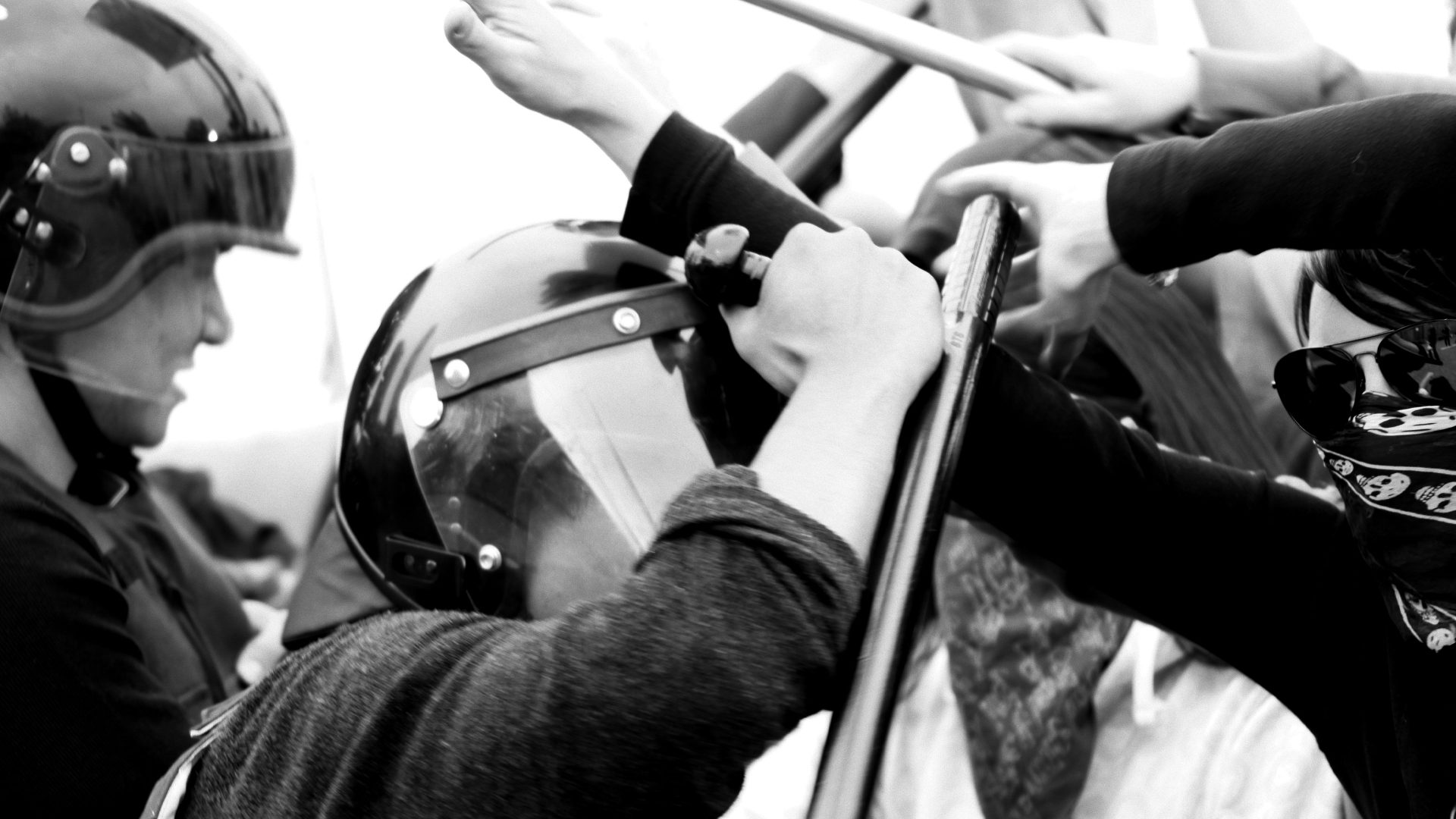The American philosopher championed ideas that inspired the likes of Gandhi and Martin Luther King Jr – as well as the protests of today
Henry David Thoreau, born July 12, 1817, is best known for Walden, his account of living alone for two years in a small hut beside Walden Pond, near Concord, in Massachusetts. That was in part a reaction to his brother’s sudden death, aged 27, from a tetanus infection after cutting himself shaving. Walden is a wonderful mixture of nature writing and philosophy, built around the question of what we need for a good life. Thoreau explained:
“I went to the woods because I wished to live deliberately, to front only the essential facts of life, and see if I could now learn what it had to teach, and not, when I came to die, discover that I had not lived.”
This wasn’t an experiment in complete isolation – he interacted with visitors and people he met, and walked into nearby Concord from time to time. Rather, it was a kind of minimalism. Thoreau wanted to know what an individual needs in order to get by, and how “civilisation” detracts from what we should truly value, such as the beauty and grandeur of the natural world. He wasn’t a recluse, and after his experiment, returned to live a more conventional life as a writer and land surveyor.
Thoreau’s philosophy of minimal existence and self-reliance meant resisting social pressures to conform. He expressed that spirit too by refusing to pay his state poll tax on the grounds that Massachusetts still permitted slavery. He wouldn’t pay an institution that supported buying and selling men, women and children as chattels. He also objected to the war with Mexico that many abolitionists saw as an expansionist one designed to extend slavery in southern states. His non-payment on moral grounds somehow went under the radar until he started speaking in opposition to that war. Then he was arrested. He took a stance and still refused to pay.
After just one night in jail, during which he quizzed his cellmate for many hours about the nature of prison life, a relative “interfered” and paid his fine. He was released. Unabashed, he went on to write the hugely influential essay Resistance to Civil Government (1849), which was later reissued as Civil Disobedience.
Thoreau was no fan of government in general and endorsed the saying “that government is best that governs least”. His view was that “we should be men first and subjects afterwards”, and he meant that both morally and in terms of individual self-sufficiency. Even so, he did happily pay his road tax, recognising its contribution to the common good.
It was, however, at the point that tax collectors made him complicit in slavery that his personal breaking point came. Unlike the many opponents of slavery who were patiently waiting and hoping for things to improve, he advocated action. Even voting for abolition “is doing nothing for it”, he declared. He wanted to be the friction in the machine, even if that meant imprisonment. This was part of his self-reliance – he didn’t want others to do the moral hard work for him
Thoreau’s call for direct action on conscientious grounds inspired Mahatma Gandhi’s non-violent resistance to British rule in India and Martin Luther King Jr’s civil rights campaigns that resulted in imprisonment for both. Like Thoreau, whom he’d read while at college, King believed “non-cooperation with evil is as much a moral obligation as is cooperation with good”. In his 1963 Letter from Birmingham Jail, he spelt out the conditions for an act being a morally motivated one of civil disobedience. He wrote that someone who breaks an unjust law must do so “openly, lovingly and with a willingness to accept the penalty”, and went on to say that someone who accepts imprisonment as an act intended to arouse the community’s conscience expresses “the highest respect for the law”.
Thoreau’s and King’s words and actions have inspired many acts of opposition to injustice and continue to do so. Their essays are widely studied in schools and colleges. These philosopher-activists are held up as paragons of virtue, individuals who were prepared to sacrifice their own freedom to publicise state immorality. Meanwhile, on both sides of the Atlantic, governments seem intent on imprisoning morally motivated opponents to Benjamin Netanyahu’s brutal attacks on Palestinians and to his deliberate starvation of civilians. If you think, as many do, that Israel is committing genocide, you should protest. That shouldn’t be grounds for imprisonment. Thoreau wrote: “Under a government which imprisons any unjustly, the true place for a just man is also a prison.” It’s hard to disagree.
